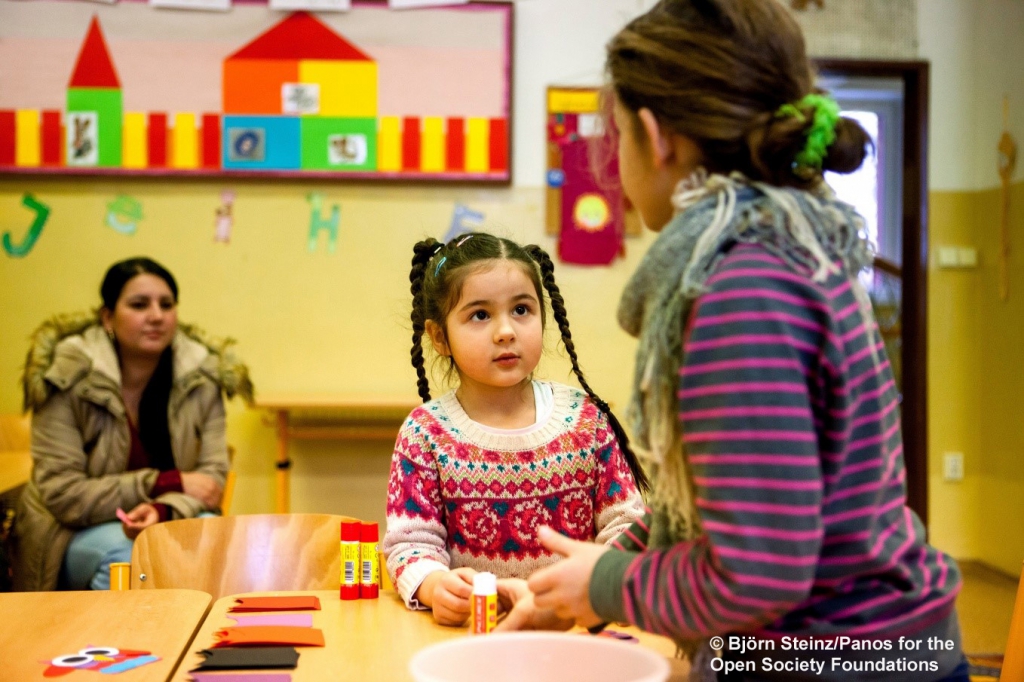Old Habits Die Hard: Will the Czech Government Ramp Up School Segregation Again?
05 December 2018
Eleven years after the DH ruling, the Czech government looks all set to segregate again. The proposed amendments to the education law spell trouble for Romani kids accessing mainstream schooling.

The scandal-ridden coalition government of Czech Prime Minister Andrej Babis looks set to backslide on education reform, more than a decade after the European Court of Human Rights ruled that segregation of Romani children in special schools was discriminatory and illegal.
According to an article published in Romea.cz, the proposed amendment "on the education of pupils with special educational needs and gifted pupils", will make it harder for children to access mainstream education, and easier to recommend that they be enrolled outside of regular schools.
The ministry proposal deletes the declaration that “educating all children in mainstream education is always considered to be the preferred option.” The new proviso is that only if "support measures are adequate" can pupils with learning disabilities be educated in a mainstream school. Proposed changes would allow for such children to be placed in the so-called ‘practical schools’ which are currently suffering from steep falls in the numbers of pupils assigned to them.
These proposed amendments are evidence of the lobbying power of special education teachers, a group with a vested interest in segregated education. Back in 2013, on the fifth anniversary of DH following vague government promises to comply with the court’s ruling, teachers from the so-called “practical schools” gathered tens of thousands of signatures in a petition to protest against any possible future moves to close these segregated schools. The response was to urge these teachers not to panic, as central government has no authority to close the practical schools, and anyway the government’s intent was simply to “transform” them.
Michaela Marksová-Tominová, Czech Shadow Minister for Human Rights and Equal Opportunities described an encounter with this particular community of vested interests in the course of this turmoil:
“What startled me most of all was the unbelievable aggression, the hateful speeches, and the openly racist positions occupied at certain points by the loudest participants, male and female, from the special schools. These are the same people who meet disadvantaged Romani children and their parents every day. They are the very people who educate those children.”
Five years later, the country is governed by a corrupt populist and presided over by the buffoon Milos Zeman, who habitually denigrates Romani citizens as work-shy inadaptables. Meanwhile, new moves are underway to backslide and undermine attempts to comply with the 2008 ECtHR ruling. These proposed amendments to the Education Act should alert the European Commission that it will need to step up a gear with its drawn-out infringement proceedings against the Czech Republic for school segregation of Romani pupils.
The government would do better to listen to Martin Šimáček, Director of the Institute for Social Inclusion. He stated that three years after the Education Act was amended “to promote the education of as many children as possible in the mainstream” it would be more appropriate to assess the impact of these reforms, and propose amendments that would refine the system – “not adjustments that will undermine the system”.




